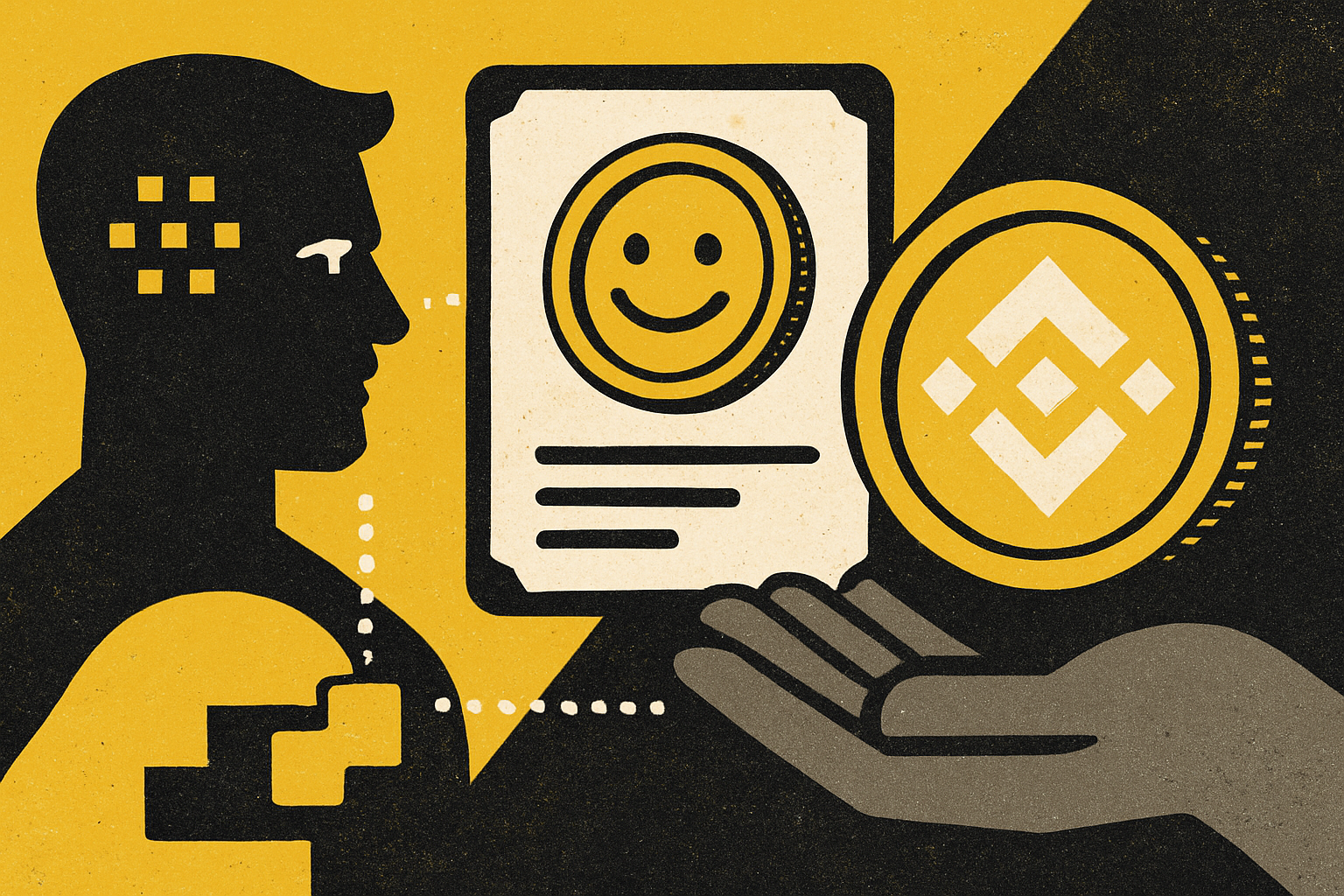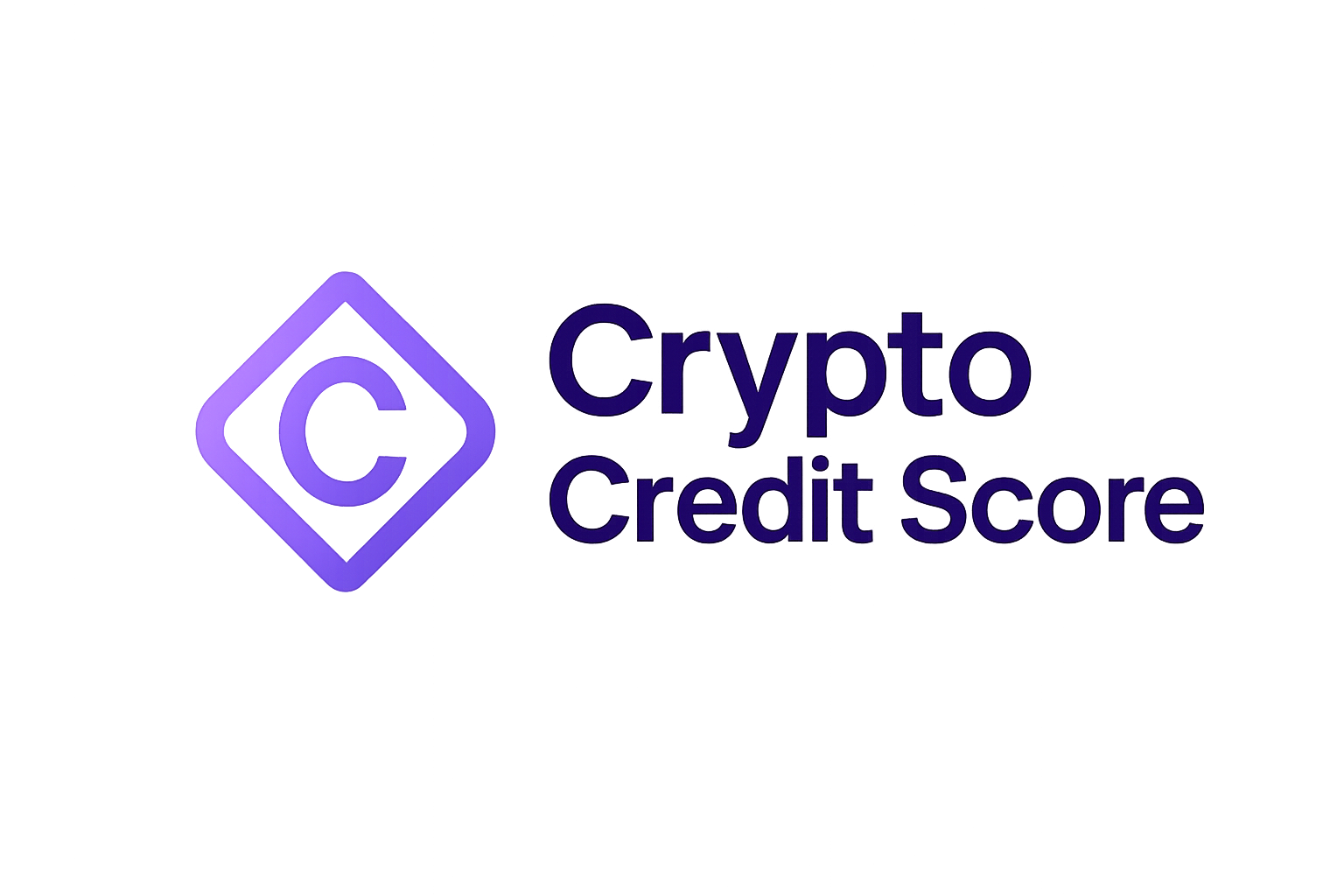
Uncollateralized lending has long been the holy grail for decentralized finance (DeFi) – a mechanism that promises to unlock trillions in capital efficiency and drive true financial inclusion. In 2025, this vision is rapidly becoming reality, thanks to the rise of on-chain reputation scoring. By leveraging transparent blockchain data and advanced analytics, DeFi protocols now assess creditworthiness without relying on traditional collateral, reshaping the very foundation of crypto lending.

How On-Chain Reputation Scoring Works
At its core, on-chain reputation scoring analyzes a user’s historical blockchain activity to determine their reliability as a borrower. This includes metrics such as transaction history, liquidity provision, trading patterns, and even participation in governance or staking. Unlike conventional credit bureaus that tie scores to personal identities, these systems assign scores to wallet addresses. This approach preserves privacy while ensuring that each user’s DeFi behavior is transparently recorded and evaluated.
Protocols like the zScore-based wallet ranking system have set new standards by employing deep neural networks to interpret complex behaviors. For example, users who consistently provide liquidity on Uniswap or maintain healthy borrowing habits across multiple platforms can build strong on-chain reputations. These scores are dynamic and update in real time as users interact with various protocols, making them both robust and highly adaptive.
The Rise of Decentralized Credit Bureaus
The next evolution comes from decentralized credit bureaus, which aggregate reputation data across platforms into standardized credit profiles. These bureaus, operating as open-source protocols, allow users’ reputations to move seamlessly between different DeFi applications and blockchains. This interoperability is key: a strong track record on one platform can now unlock borrowing power elsewhere, reducing friction and expanding access.
For instance, a user who builds a solid repayment history on Aave can use that same profile when seeking undercollateralized loans on emerging platforms like 3Jane or Compound. Decentralized credit bureaus ensure that no single protocol monopolizes trust data; instead, they foster an ecosystem where reputational capital is portable and composable.
Lending Platforms Embrace Uncollateralized Loans
The impact of these innovations is already clear in the numbers. As of November 2025, leading protocols such as Aave (AAVE), priced at $194.67, have integrated on-chain reputation scoring into their risk models. This shift has contributed to a surge in lending activity, with total value locked (TVL) in DeFi lending reaching nearly $79.8 billion mid-year.
Borrowers with proven on-chain reputations can now access loans with reduced or even zero collateral requirements. Platforms use behavior-based metrics, including transaction frequency, loan repayment consistency, and network participation, to set personalized loan terms. The result? Greater capital efficiency for lenders and unprecedented financial inclusion for users previously excluded from traditional finance due to lack of collateral or formal credit history.
This transformation isn’t without challenges, incidents of score manipulation or coordinated defaults have prompted ongoing improvements in risk management and scoring algorithms, but the momentum is undeniable. The combination of transparent blockchain data and decentralized trust metrics is fundamentally changing how DeFi assesses risk and allocates capital.
Looking ahead, the refinement of on-chain reputation scoring is central to the continued growth and resilience of uncollateralized DeFi lending. Developers and risk analysts are working to make these systems more resistant to manipulation, integrating real-time fraud detection and cross-protocol data validation. By layering in off-chain signals, such as verified income streams or social graph analysis, some platforms are achieving even greater accuracy in their credit assessments, without sacrificing user privacy.
Decentralized credit bureaus are also exploring new governance models that empower users to dispute errors or appeal negative marks on their wallet reputation. This participatory approach not only builds trust but also aligns with DeFi’s ethos of transparency and user sovereignty. As a result, we’re seeing a more robust ecosystem where both borrowers and lenders have greater confidence in the system’s fairness.
Unlocking Capital Efficiency and Inclusion
The implications for the DeFi landscape are profound. With behavior-based credit metrics now at the heart of lending decisions, protocols can unlock vast pools of idle capital that were previously sidelined by high collateral requirements. This shift is democratizing access to credit for users across the globe, from entrepreneurs in emerging markets to seasoned crypto natives looking to leverage their on-chain activity.
In fact, as on-chain reputation scores become more widely adopted, analysts predict that uncollateralized DeFi lending could soon rival traditional finance in both scale and efficiency. The seamless portability of reputational capital means users can build trust over time, opening doors to larger loans and better rates as their profiles mature.
For those seeking deeper insights into how these reputation systems operate, and how they’re shaping the next generation of decentralized lending, our feature on the role of on-chain reputation scores in undercollateralized DeFi loans offers an in-depth look at current best practices and future trends.
Navigating Risks: Security and Transparency
No system is without its risks. As recent events have shown, coordinated attacks or attempts to game reputation scores can threaten platform stability. The $75 million loss reported by a leading uncollateralized lending protocol this July was a stark reminder that robust risk controls are non-negotiable (more here). In response, platforms are doubling down on continuous monitoring, advanced anomaly detection, and open-source auditing of scoring algorithms.
The community’s collaborative approach is key: by sharing threat intelligence and best practices across protocols, DeFi projects can stay one step ahead of malicious actors. Ultimately, it’s this spirit of openness, and relentless innovation, that will sustain uncollateralized lending as it scales toward mainstream adoption.
What Comes Next?
The momentum behind on-chain reputation scoring is unmistakable. As these systems mature, expect even more nuanced risk models, broader interoperability between blockchains, and deeper integration with both crypto-native and real-world financial data sources.
The promise? A decentralized credit infrastructure where anyone with a blockchain wallet, and a record of responsible participation, can access fair financing on their own terms. In 2025 and beyond, DeFi trust metrics aren’t just powering uncollateralized loans, they’re laying the groundwork for an open financial future.






